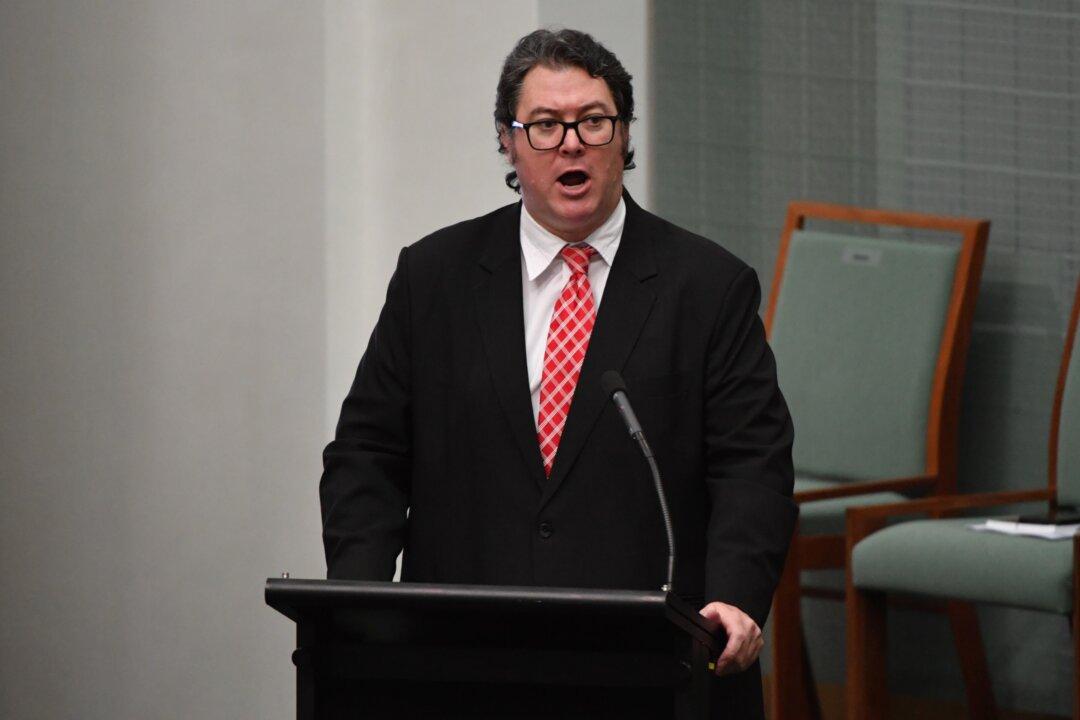Australian Coalition MP George Christensen has said that he will not vote with the government on any bills or motions in the House of Representatives until the federal government acts to stop the states and companies from discriminating against “non-vaccinated” people.
“Earlier today, I informed Nationals leader Barnaby Joyce (and the Nationals Party Room of which I am a member) that, unless we act to stop state governments and private corporations from discriminating against non-vaccinated Australians when it comes to either employment or clientele, then I intend to not be beholden to party room discipline when voting in the House of Representatives,” Christensen wrote in his Nation First newsletter on Monday.





